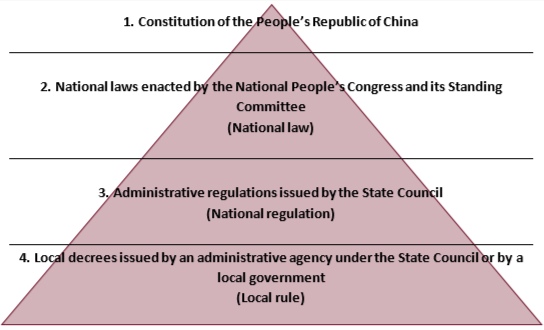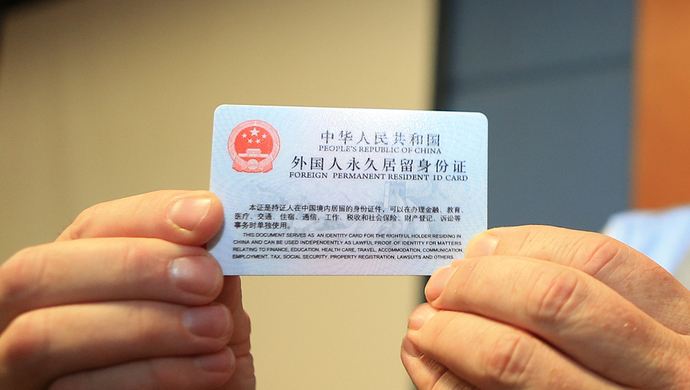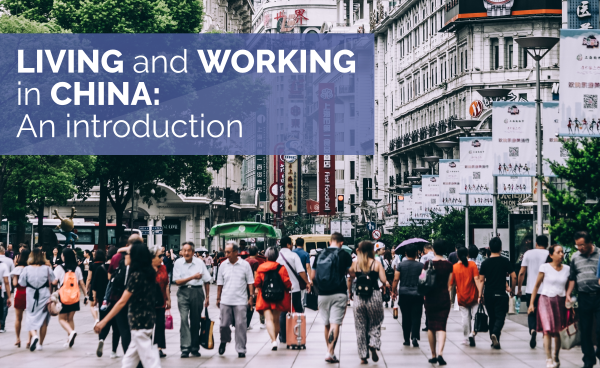
Working Abroad in China
The Basics
Author : Normand Gauthier
Working in China as a foreign national is a great experience for many. However, when employment issues arise, it can quickly become a nightmare. Over the years, I have noticed that the misunderstandings and questions are recurring. Thus, I created this series “Working Abroad in China” which explores and discusses some key matters foreign employees should know. Firstly, we begin with the basics, clearing a few misunderstandings and building a proper foundation for future articles.
Structure
China is officially a socialist legal system with Chinese characteristics, which is remarkably close to a civil law system. In other words, court decisions are not binding but they may remain influential. For example, in the field of employment law, the Supreme People’s Court issued four interpretations regarding labor dispute. These four interpretations clarify various points and remain important to this day. China’s legal system can be understood as a “top to bottom” approach, national laws are amongst the strongest legislations and local regulations are amongst the weakest. Below is an overview of the structure:

In addition to the four levels, the pyramid above represents the amount of legislations at each level. A dominating feature of labor & employment law is its decentralisation. Most of the legislations are at a local level. There is a restricted number of national laws such as the famous triangle of the 2008 labor reforms constituting of the Labor Contract Law, Labor Dispute and Arbitration Law and Employment Promotion Law. There is a good amount of national regulations elaborating on a broad range of topics from employment of women to employment of foreign nationals. Finally, there is an immense amount of local regulations. National laws and regulations are often very general or lack practicality; leaving space for local rules and interpretations to fill in the blank with flexibility and in accordance to the local reality. Consequently, despite national laws prevailing local rules and interpretation, these local rules have a prominent role in any employment case. This is a major reason why gathering knowledge from other’s personal experience may be misleading.
Language
An important point that cannot be emphasized enough is that Chinese labor & employment law is in Mandarin. The prevailing version of the employment contract is Mandarin. The English laws & regulations are unofficial translations from Mandarin. There is a mountain of legislations and cases in Mandarin only. Reading the English version can give a general idea. Nonetheless, regarding legal concerns, a consultation with a native Mandarin speaker is absolutely necessary.
Experts
A Mandarin speaker is still not enough on its own. For legal concerns, a Chinese lawyer is required. An agency or a foreign national self-proclaimed expert are not suitable options. In other words, be skeptical of anyone without a China bar offering China legal advices. This applies to me and this article. Be it in article or in person, I give general guidelines, not legal advice. Once the preliminary review of a request is done, I refer to and work with an experienced Chinese employment lawyer.
Sources
The first step to any question is always going straight to the source, using inadequate information is a common mistake made by foreign employees trying to handle an issue on their own. This is why I invite everyone to be critical of WeChat and sensationalist articles. They often have errors or are misleading. High-quality articles will remain general since it is nearly impossible to be precise without discussing a specific case. Proper sources include reading the employment contract, company policies, laws & regulations, local rules, local cases, asking local authorities, etc. I understand most individuals do not have access to all these resources. My main point is that “LaowaiChina” WeChat account is not a proper source for legal advice, and even a reputable law firm’s article will not give accurate case-by-case advice.
“LaowaiChina” WeChat account is not a proper source for legal advice, and even a reputable law firm’s article will not give accurate case-by-case advice.
This wraps up the first article of this series. It may seem simple however, these three points are at the source of many misunderstandings and sometimes costly mistakes. A small part of labor and employment law was explored, it still provides a solid basic understanding for exploration in future articles.
This article is a vulgarization of laws and regulations and does not constitute legal advice. The author is not responsible for any loss caused by using any information provided in this article. For more information please contact Normand@Laodongfa.com.
For all intent and purpose, the term China in this article refers to the People’s Republic of China.









 京公网安备 11011202001511号
京公网安备 11011202001511号